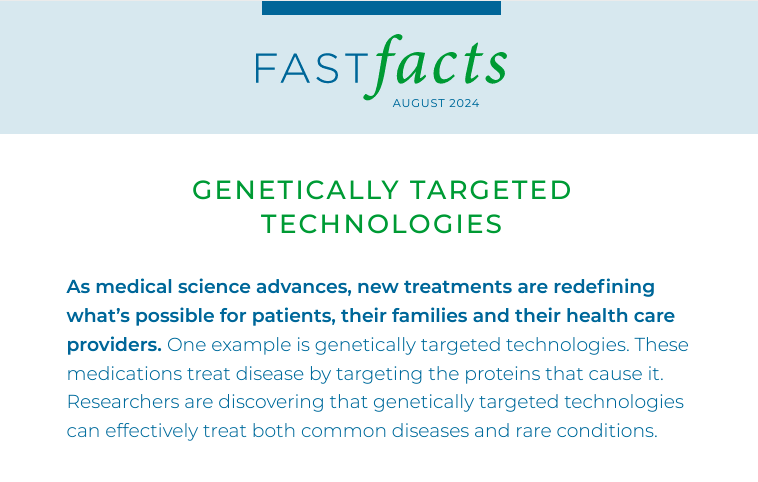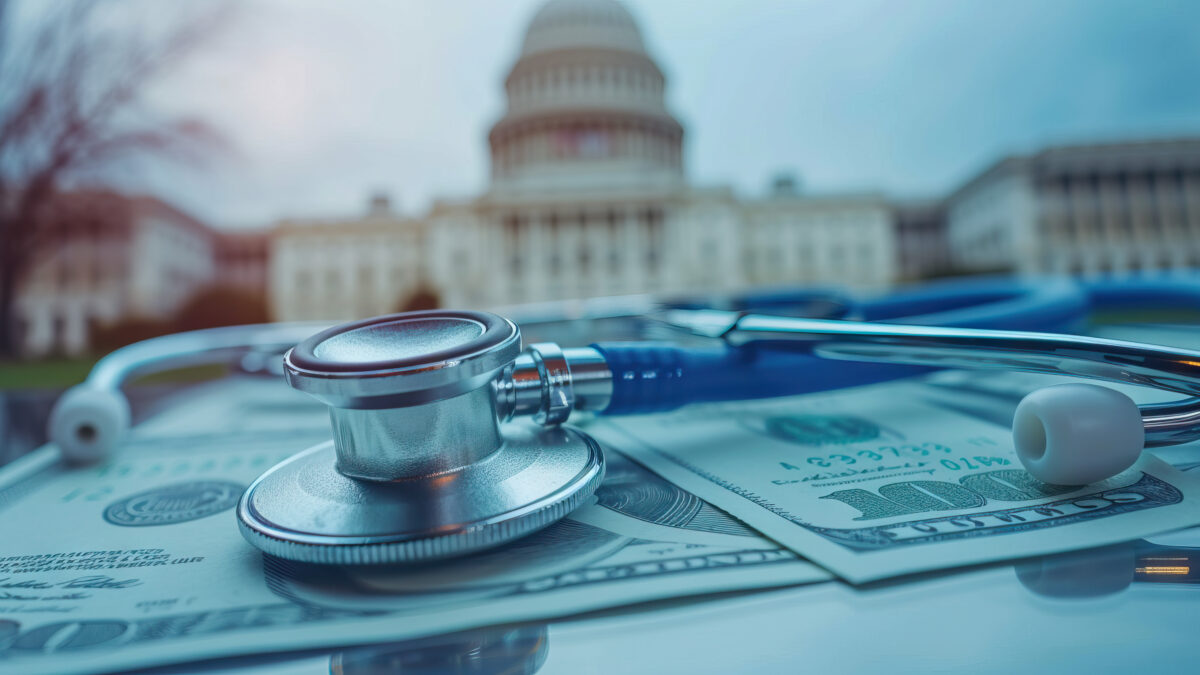Americans readily use generic medications even though many lack details on exactly what generic drugs are or how they are produced, a new national survey finds.
The survey of 303 adults, reported by the Generics Access Project, found that the overwhelming majority of patients value generics for their ability to save money but only about half report a “high” level of trust in the medications.
Key Findings
Responses from the survey showed that:
- 82% have used a generic drug
- 94% say a generic is just as safe and effective as brand-name medication
- 71% would choose a generic drug over the brand-name drug, attributing the decision to lower cost and same ingredients
When asked where they would go to learn more about generics, respondents’ top three choices were their pharmacist, doctor and U.S. government websites.
Respondents are aware of the positive impact generics have on public health. Over 90% of respondents agreed that generic prescriptions save patients money, increase access and improve treatment adherence.
Responses revealed a discrepancy, however, between patients’ trust and their understanding of generic drugs. When asked about the nuances of generics:
- Only 65% knew that generic and brand-name are chemically identical
- Only 60% knew that a generic drug is made after the brand-name’s patent has expired
- Only 60% knew that generics can have minor differences from their brand-name counterpart
Despite respondents’ faith in generic drugs’ public health value, responses were somewhat less positive about patients’ personal experiences and preferences.
- Only 71% said they would choose a generic over a brand-name drug if given the choice
- Only 64% of people who had taken both generic and brand-name drugs said they did not perceive a difference between the two
The inconsistency between patients’ use of generic prescriptions and their understanding of these drugs indicates opportunities for further education and outreach by policymakers.
Learn more by reading “Blind Trust: Generic Drugs & Patient Knowledge.”




